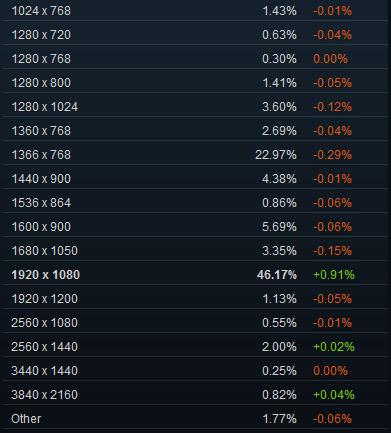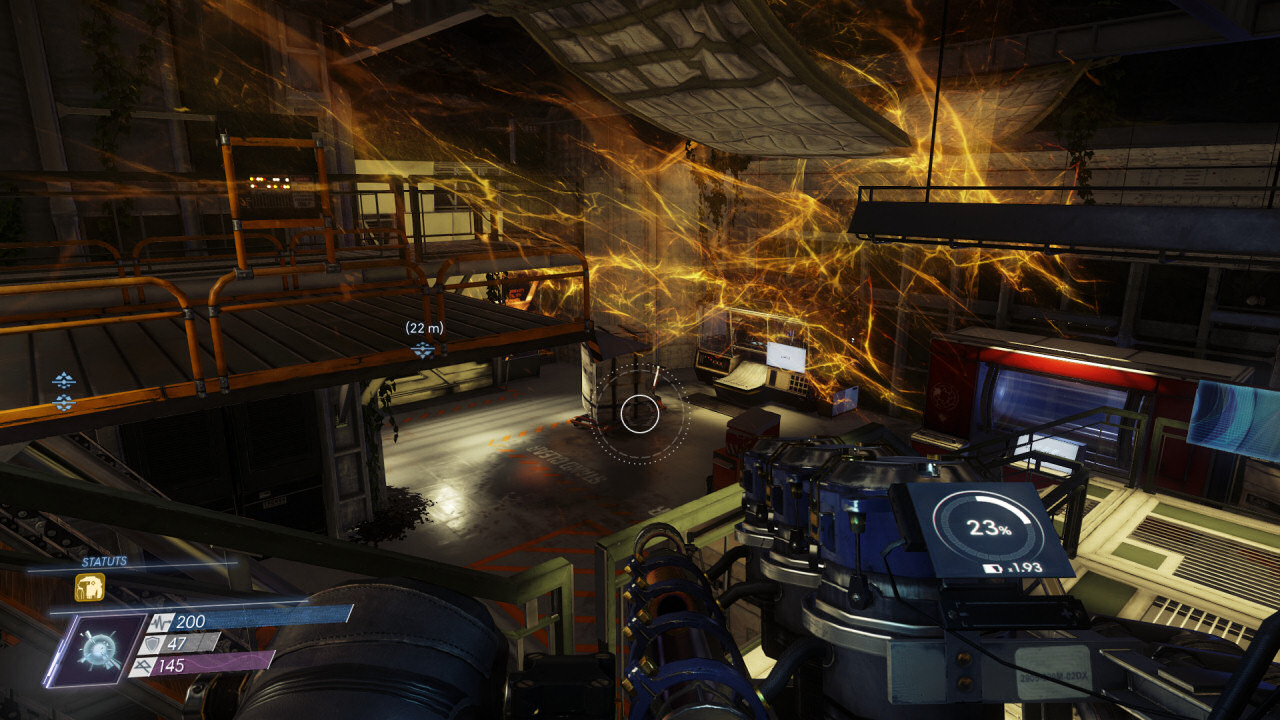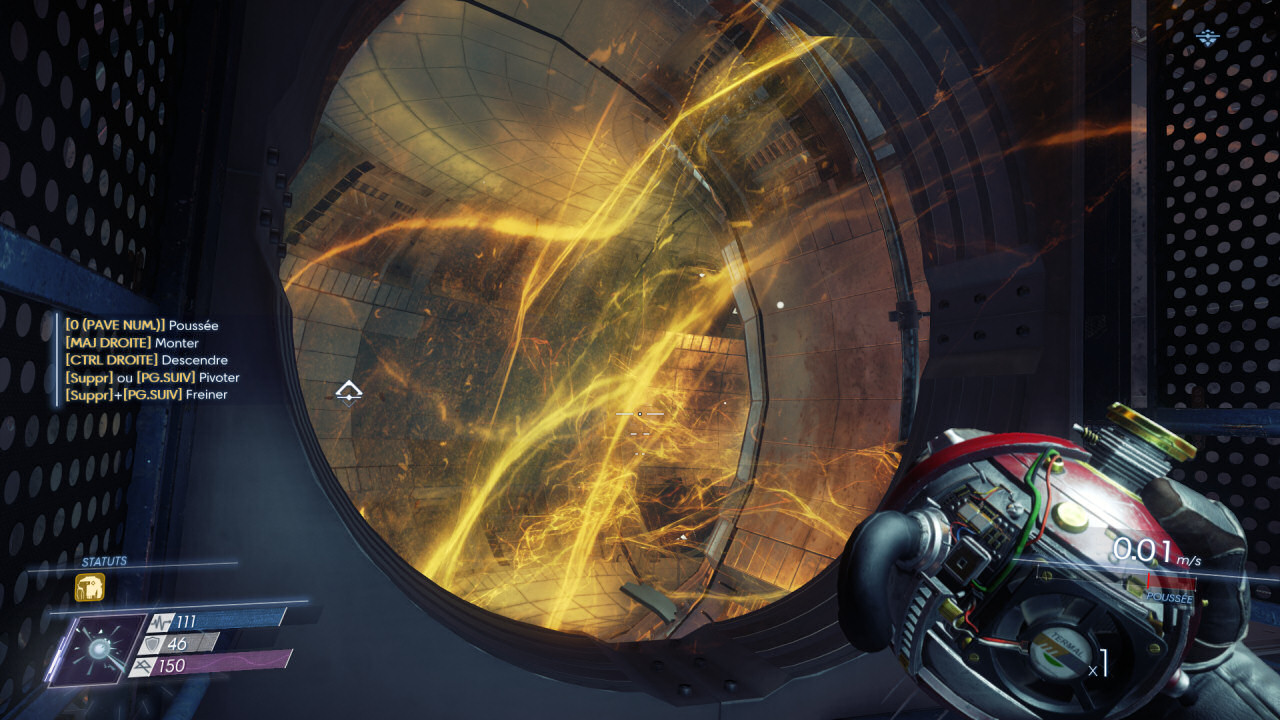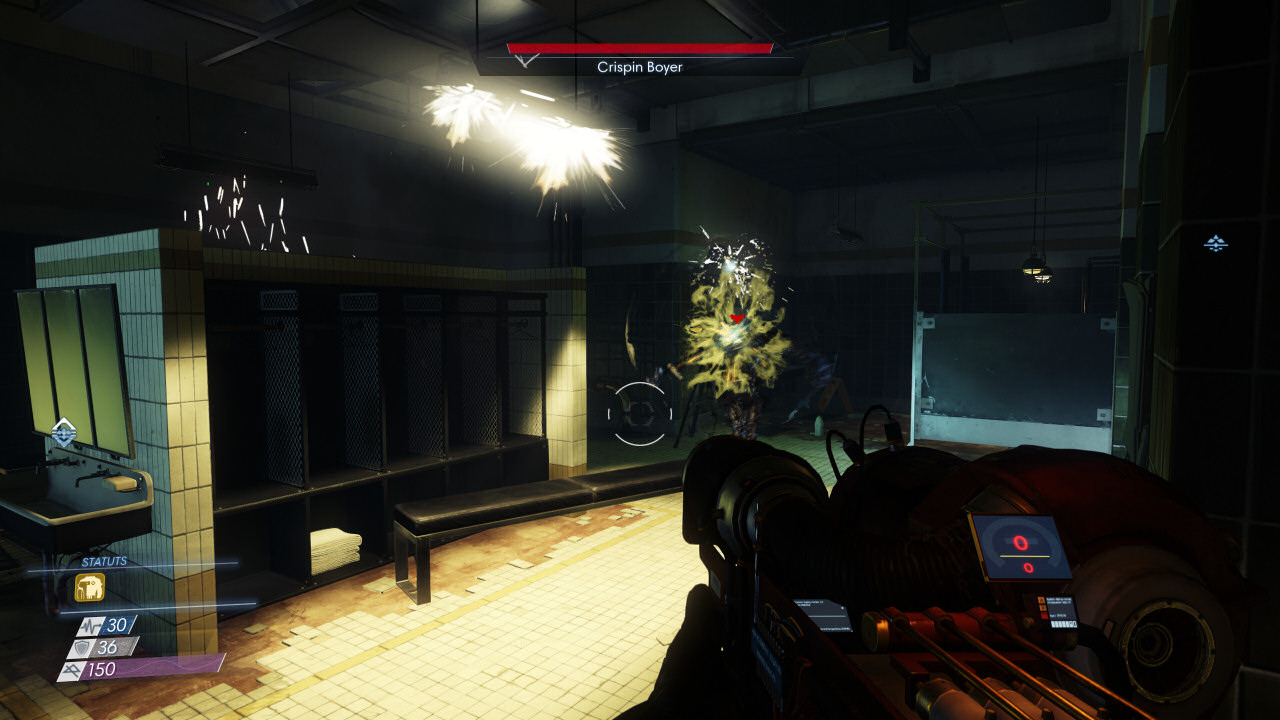Prey Performance Review
How We Tested Prey
Test Configuration
| CPU | Core i5-6500 |
| Motherboard (LGA 1151) | Asus Z170-Deluxe |
| RAM | Klevv DDR4-2133 8GB |
| SSD | MX500 SSD |
| Controller | Intel PCH Z170 SATA 6 Gb/s |
| Power Supply | Cooler Master G450M |
| Case | Haf XB EVO |
| OS | |
| Operating System | Windows 10 x64 Pro 1703 (15063.296) |
| Graphics Drivers | Nvidia GeForce Game Ready 382.05AMD Radeon Crimson ReLive Edition 17.5.2 |
We're using a fairly mid-range gaming PC that we hope represents what a lot of our readers are running. If you're lucky enough to own faster hardware, you'll naturally enjoy higher frame rates. Steam's survey of hardware and software configurations offers us a view of the most prevalent components and settings (the data comes from April 2017):
- Windows 10 64-bit representing more than half of the market (50.08%, to be precise).
- 8GB RAM, present in 36.6 % of surveyed gaming PCs (our configuration has 16GB).
- Full HD (1920x1080) is used by 46% of gamers, while 23% are still at 1366x768. QHD (2560x1440 pixels) is used by less than 2% of gamers, and 4K is still anecdotal. As a result, we're testing at 1920x1080 and 2560x1440.
- Quad-core CPUs are installed in half of the examined systems (50.11%). Logically, our configuration is loaded with a mid-range quad-core Intel CPU.
Graphics Card Selection
We picked eight graphics cards to test. They're mostly mid-range, and they represent popular choices from current- and previous-generation architectures. Here are the competing cards:
The Radeon RX 480 “Core” from XFX is at a disadvantage, given its stock clock rate, compared to the Asus Strix OC and its GPU frequency of 1645 MHz. We're overclocking it +4% to the level of a factory-tuned model, yielding a 1340 MHz GPU and 2 GHz memory.
These two cards represent where the mid-range segment starts. The Radeon RX 470 should have an advantage with its additional gigabyte of memory.
Nvidia's GeForce GTX 970 and AMD's Radeon R9 390 are previous-gen cards, but they'll no doubt remain popular in mid-range gaming PCs for months to come. We picked them more for their popularity in existing gaming machines, rather than their retail prevalence, which is quite variable.
And finally, we add two lower-end cards to gauge whether entry-level hardware is good enough for playable frame rates with the most recent titles.
Test Procedure
All performance data is collected using the PresentMon tool and our own custom front-end.
Get Tom's Hardware's best news and in-depth reviews, straight to your inbox.
In order to represent graphics card performance accurately, each test subject is warmed up to a stable temperature before measurements are collected. Most GPUs employ mechanisms to optimize clock rates based on variables like power and temperature. So, tests run during the warm-up period would convey better performance than you'd see in the real world.
We therefore run the benchmark sequence twice to warm up each card. Then we gather the data for our charts. again, we tested the game at Full HD and QHD, with the Very High preset (the game's top set of quality options).
MORE: Mass Effect Andromeda Performance Review
Current page: How We Tested Prey
Prev Page The Game, Graphics Engine & Settings Next Page Benchmarks: FPS, Frame Time & Smoothness


